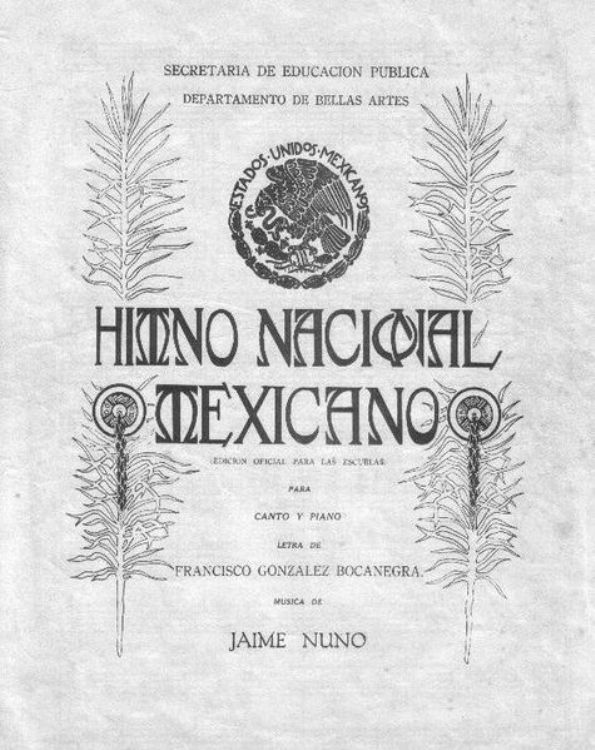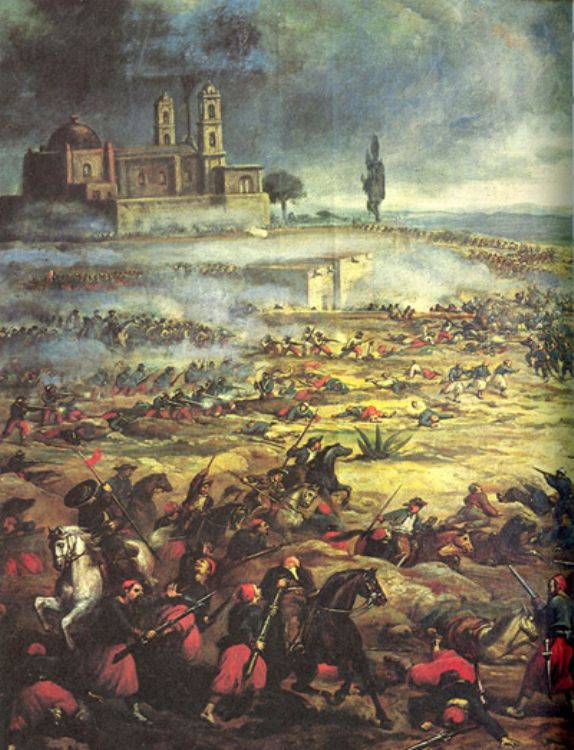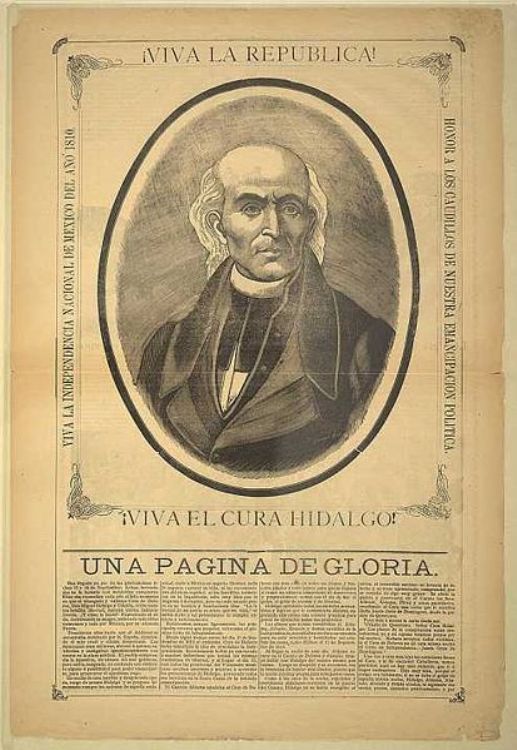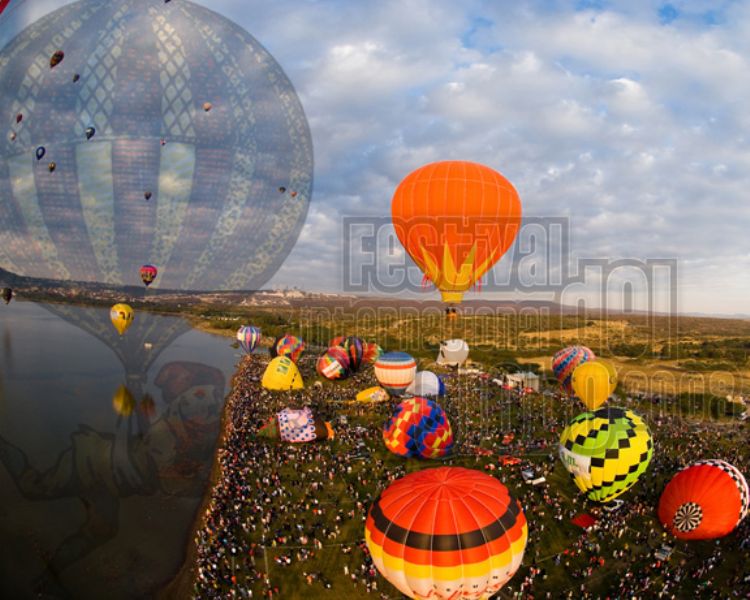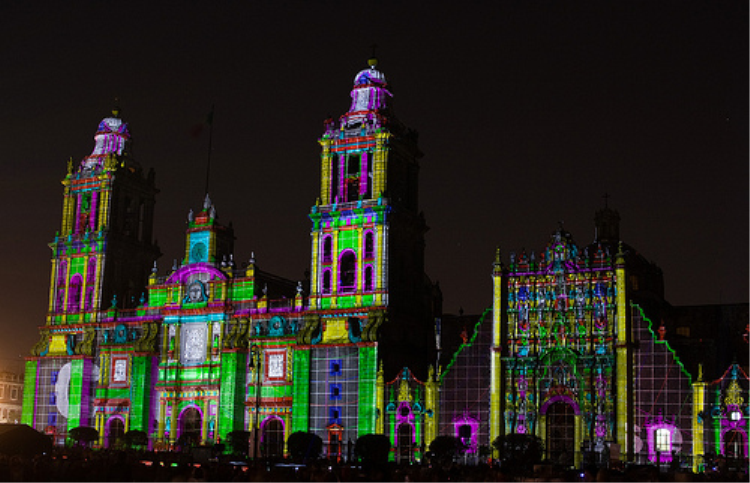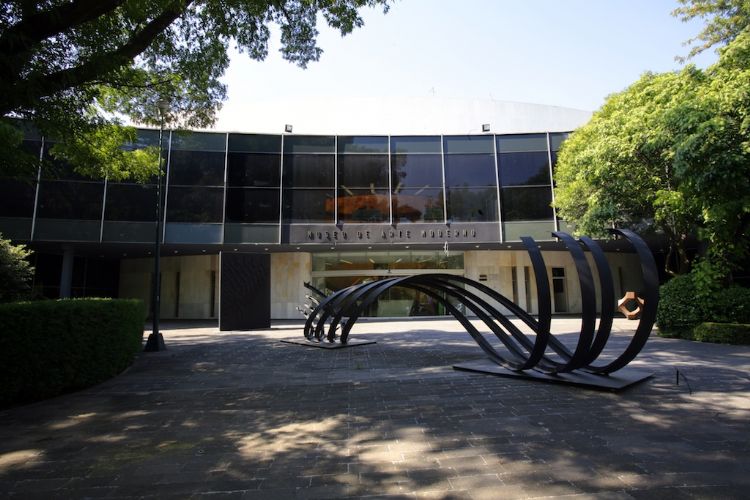About Germán Dehesa
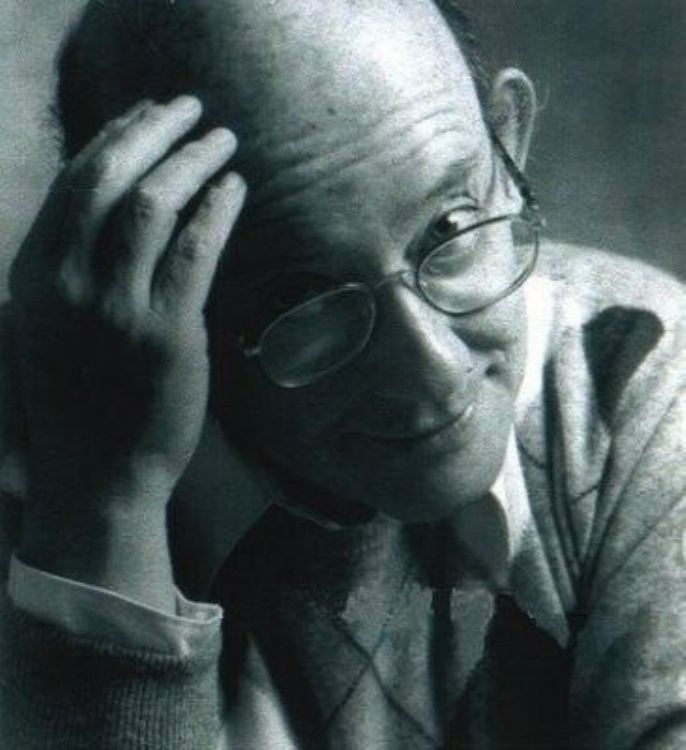
Born in Mexico City, Dehesa was mainly known for his column, âLa Gaceta del Angelâ (the Angel's Gazette). He mostly wrote about current social affairs, but he often talked about politics. He also wrote about sports, culture and anything that was changing or affecting the country. Letâs talk a little about him so we can better understand what earned him recognition, and above all, how he gain readers:
He was born on the 1st of July, 1944 in Mexico City, in Tacubaya, to be more specific; a popular neighborhood and a referent for many. He lived his childhood under the care of his mother, a very religious person, and his father, Ángel Dehesa, an open-minded man.
As a young man he held a variety of jobs, from ironing clothes, writing ads, to selling Playboy magazines. All these experiences made him an optimist but prudent person, as well as an avid reader. He majored in Chemical Engineering and Hispanic Literature at the UNAM (National Autonomous University of Mexico). Later he worked as the Director of the Literature Workshop, he became a renowned speaker, actor and author.
His various collaborations on ESPN with José Ramón Fernandez, the great analyst and sports commentator, stand out among his work. These collaborations were not limited to his appearance on the TV show âCapitanes de ESPNâ (Captains of ESPN), but also included other participations. Dehesa is also credited with starting âOperación Cobijaâ (Operation Blanket), in which he asked the public for help in collecting warm clothes for the needy during the winter season.
He always loved his Alma Mater, the UNAM, and was a Pumas (UNAM soccer team) fan at heart. He worked in the institution for over 20 years.
His literary work included analysis, theater, and even novels. Some of his most important titles were:
- Adiós a las Trampas (Goodbye to Traps)
- Los PRIsidentes (The PRIsidents)
- Borges con música (Borges with Music)
- La familia (y otras demoliciones) The Family (and other demolitions)
- No basta ser padre (Itâs Not Enough to Be a Father)
- Viajero que vas (Traveler that travels)
- Pacto con botas (The Pact with Boots)
- Adiós a las trampas 2 (Goodbye to Traps 2)
- Monjas coronadas (Crowned Nuns)
He started in his own program on public TV, an interview show called âEl Ángel de la Nocheâ (The Night Angel) which was presented with the characteristic personality of Dehesa and his critical sense of humor.
As I mentioned before, Dehesa published his opinion on a daily column, âLa Gaceta del Angelâ (the Angel's Gazette) which he always dedicated to his brother. Once, he was asked how he was able to write every day, and he replied that doing it was like talking to his brother Ángel. His writings were published originally by Grupo Reforma; however, everything expanded to more than 50 different publications across the country.
In his column he wrote about various topics such as politics, sports, news, and even curious aspects of his personal life (his children, women, experiences, etc.)
It was precisely in his column on August 15, 2010 that he announced:
âI don´t think I have told you that I am ill, seriously ill. I have cancer, but until now the pain from the disease has been tolerable. In my madness I think that if I try to tiptoe through life without making noise, the disease wonât notice my presence and I will be able to stay with the living which is where Iâd like to be.â
His hope of returning to his work was cut short when he died on September 2, 2010, in his home and surrounded by family and friends. He was 66 years old and had been writing for over 30 years, always critical of the injustices of those in Office.
He was awarded the Don Quixote Prize for Journalism which he received from Juan Carlos I, King of Spain. He was also recognized as âDistinguished Citizenâ of Mexico City. He died before a tribute in his honor that UNAM had planned for September 2010. His death is felt by President Felipe Calderón, the Ambassador of the United States, the Government of Mexico City, and many others; however, it is his readers, who will miss him the most.
Artículo producido por el Equipo Editorial de Explorando México.
Copyright: Explorando México. Todos los Derechos Reservados.

